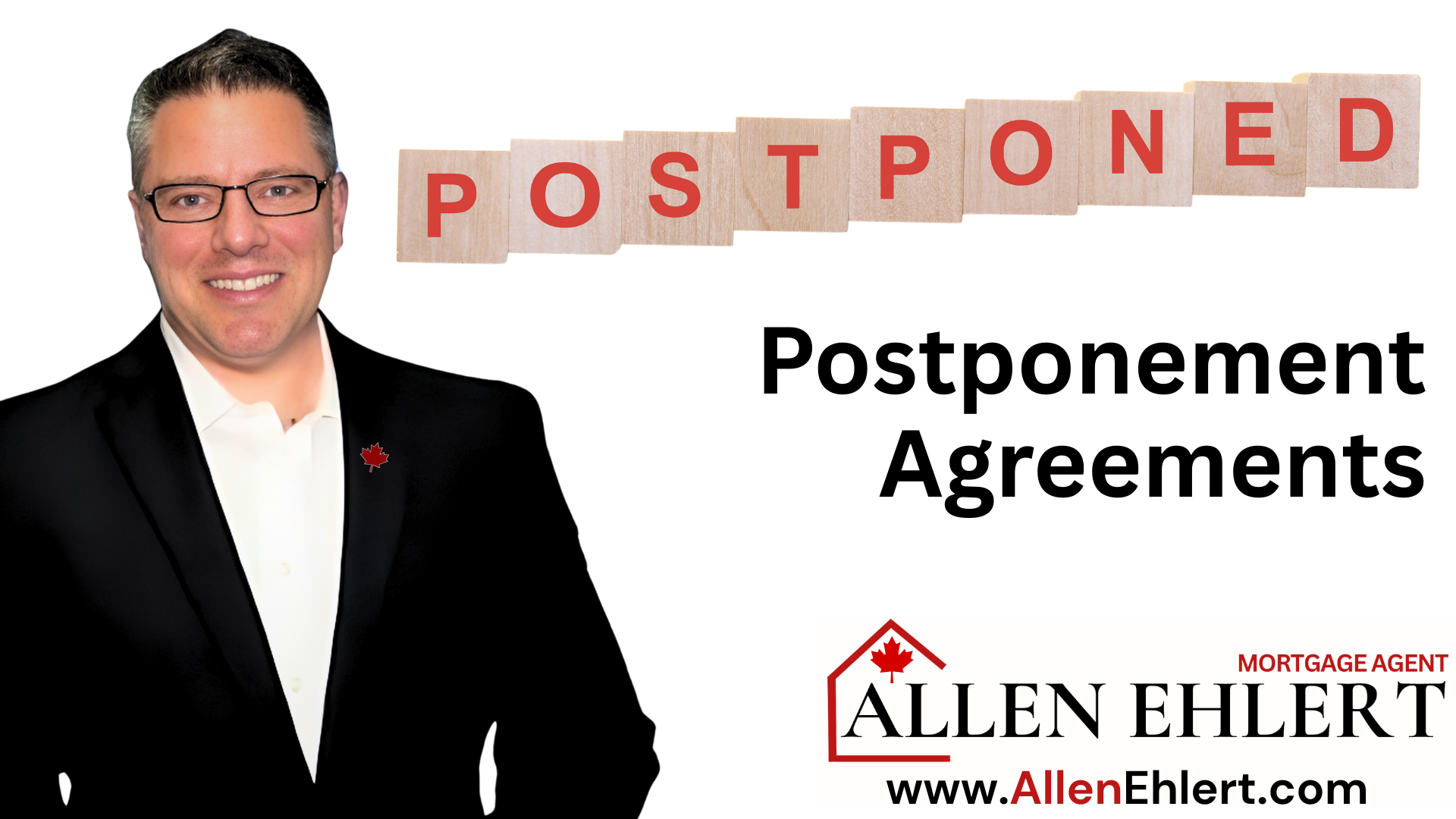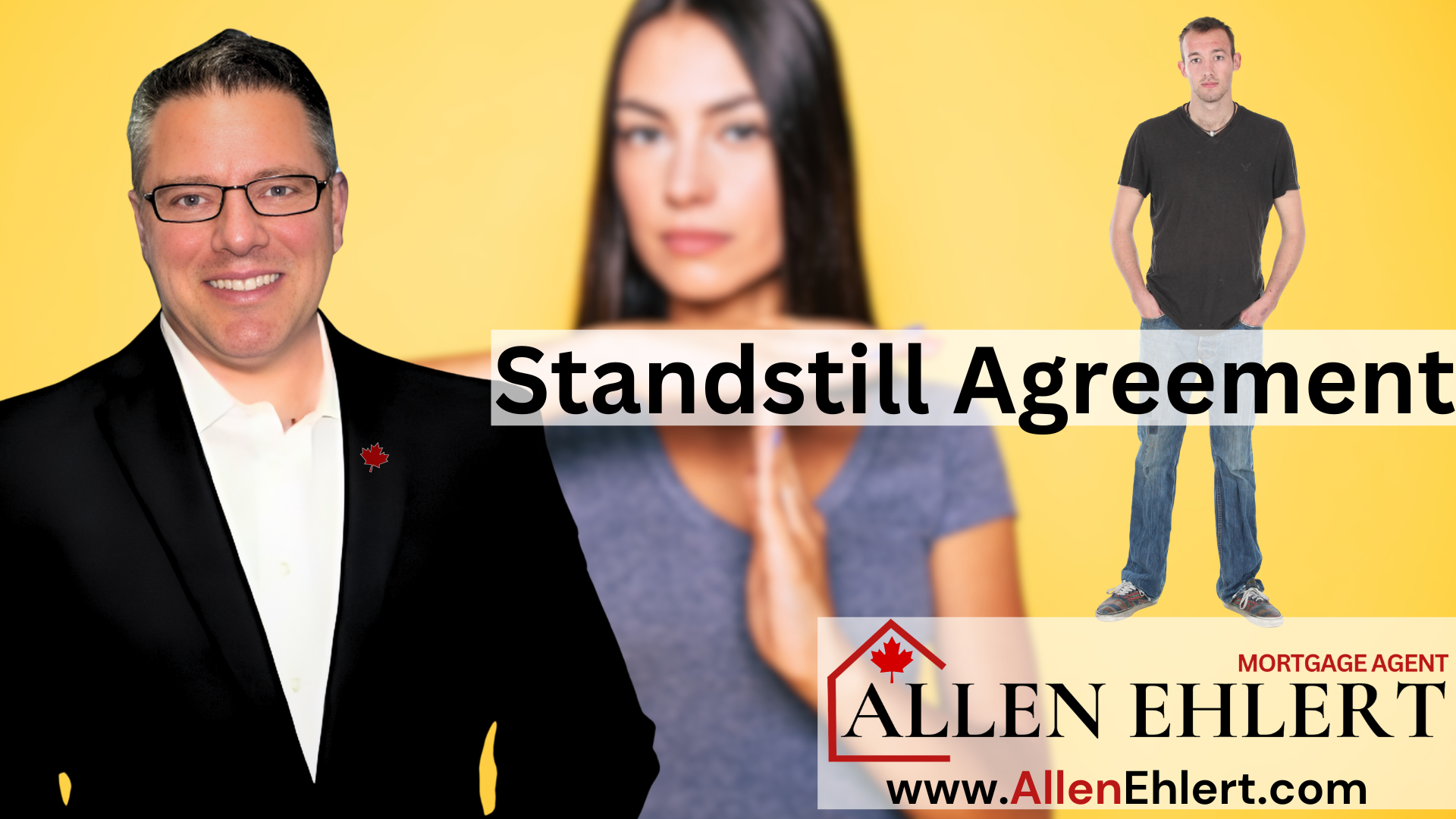Solving The Property Puzzle When Applying for a Mortgage
If you’ve ever worked with a mortgage agent or lender, you know the paperwork can feel endless. But one topic that often catches people off guard is this: lenders don’t just look at the property you’re buying—they want to know about all the real estate you own. Whether it’s your cottage, a rental condo, or a student house in your kid’s university town, these “other” properties matter. Why? Because every property tells a story about your financial picture—and lenders love a good story.
In this article, I’ll break it all down in plain English so you know what to expect and why it matters.
Topics I’ll Cover:
What is a Non-Subject Property?
What is a Non-Subject Rental Property?
Why Do You Need to Provide Documentation for All Properties You Own?
How Different Lenders Handle Non-Subject Properties Differently
Increased Properties Mean Increased Complexity—And Sometimes Brokerage Fees
What Documentation is Required for Each Property?
When Is Too Many Properties… Too Many?
What Happens If You Don’t Disclose All Your Properties?
Why Canadians Often Choose Real Estate Over Stocks and GICs
How Realtors and Clients Can Use This Information
What is a Subject Property?
The subject property is simple: it’s the property you’re applying for a mortgage on right now. If you’re buying your first home or refinancing your existing one, that’s your subject property. It’s the star of the show—the one the lender is laser-focused on when approving your mortgage.
What is a Non-Subject Property?
A non-subject property is any property you already own that’s not part of your current mortgage application. It could be:
- A cottage in Muskoka
- A condo you own free and clear
- A family home you’re planning to keep as an investment when you buy your next one
These properties matter because they have financial implications: property taxes, insurance, maintenance costs—they all affect your ability to make your new mortgage payments.
What is a Non-Subject Rental Property?
Now we’re talking about properties you own but rent out for income. These can be fantastic wealth-building tools, but lenders see them differently because rental income is not always consistent and property management costs add risk.
The good news? That rental income can help offset the mortgage and expenses—if you provide the proper documentation.
READ MORE: Calculating Rental Income
Why Do You Need to Provide Documentation for All Properties You Own?
Here’s the bottom line: lenders want to see your entire financial picture. If you own multiple properties, it changes how your debt service ratios are calculated. Every additional property adds:
- Liabilities: mortgages, taxes, insurance, condo fees.
- Potential Income: rental cash flow.
Leaving any property off the application isn’t just frowned upon—it’s considered misrepresentation. Lenders cross-check property ownership against credit bureaus and land registries, so undisclosed properties almost always surface.
How Different Lenders Handle Non-Subject Properties Differently
Not all lenders view non-subject properties through the same lens. Some are conservative, adding every expense associated with those properties directly into your debt ratios, which can reduce your borrowing power. Others are more flexible, allowing rental income offsets—sometimes 50%, 80%, or even 100% of the verified rent—to balance out expenses, effectively boosting your affordability.
Most lenders cap the number of properties you can own before they classify you as a commercial borrower, while others actively cater to property investors with special programs. That’s why it’s essential to work with a mortgage agent who knows which lender’s policies best suit your unique property portfolio and future investment goals.
Increased Properties Mean Increased Complexity—And Sometimes Brokerage Fees
When you own multiple properties, each one adds another layer of complexity to your mortgage application. Every additional property means more documentation, more calculations, and more risk assessment on the lender’s side. Some files become so intricate that they fall outside standard lender programs, requiring placement with specialized or alternative lenders.
These complex scenarios may involve brokerage fees, which are typically charged when traditional lenders won’t take the file under standard terms. In short, the more properties you own, the more important it is to have an experienced mortgage agent who knows how to navigate these complexities—and potentially save you money even when fees come into play.
READ MORE: Cottage Aqueducts and Wells
What Documentation is Required for Each Property?
For each property you own, you’ll typically need:
- Mortgage Statements – to confirm balance, payment amount, and rate.
- Property Tax Bills – to show annual taxes owed.
- Home Insurance Details – to confirm coverage and annual premium.
- Condo Fee Statements (if applicable).
- Lease Agreements (if the property is rented) – to confirm rental income.
- Proof of Value (optional but sometimes requested) – this could be an appraisal, MLS listing, or online estimate.
Think of it like packing for a road trip: you want everything ready and organized so there are no surprises at the last minute.
READ MORE: Why So Much Documentation
When Is Too Many Properties… Too Many?
Here’s where it gets interesting. For most lenders, three or four properties is manageable. For others, more than five can push you into commercial lending territory. Why? Because each property adds complexity, risk, and sometimes tighter rules on how rental income is considered.
If you’re an investor with a portfolio of properties, you may need specialized lenders or alternative financing options—and that’s where having a mortgage agent who knows how to navigate these waters is essential.
READ MORE: CMHC Insurance: Multi-Family Mortgages
What Happens If You Don’t Disclose All Your Properties?
Simply put? Don’t do it. If you don’t disclose your properties, you risk:
- Mortgage Denial – if caught during underwriting.
- Mortgage Default – if the lender finds out later.
- Legal Consequences – misrepresentation can be taken very seriously.
Story time: I had a client who “forgot” to mention a rental townhouse. The lender flagged it through the credit bureau. We had to start over, and it cost them their interest rate hold. Lesson learned—honesty saves headaches.
READ MORE: Mortgage Fraud
Why Canadians Often Choose Real Estate Over Stocks and GICs
Many Canadians see real estate as a safer, more tangible way to build wealth compared to volatile stocks or low-yield GICs. It’s something you can see, touch, and improve. That mindset has led to people owning not just a primary home, but investment condos, a rental home, vacation cottages, and even student rental properties.
But here’s the kicker: real estate investing can strengthen your long-term wealth if handled right—or stretch you thin if you’re not properly financed. That’s where professional mortgage advice comes in.
READ MORE: The Inverted Yield Curve Omen
How Realtors and Clients Can Use This Information
- For Realtors: You can prep your clients early. If they already own property, make sure they have their documentation ready before they start house hunting. This saves time and stress when that dream property hits the market.
- For Clients: Use this as your checklist. Don’t wait for the lender to ask—be proactive, and you’ll avoid unnecessary delays.
Allen’s Final Thoughts
Real estate ownership is one of the greatest wealth-building tools Canadians have, but it comes with complexity—especially when you’re juggling multiple properties. Understanding the difference between subject and non-subject properties, knowing what paperwork you’ll need, and being transparent about your holdings can save you time, money, and stress.
I’m here to help you navigate this process with ease. Whether it’s organizing your property documents, strategizing financing for your growing real estate portfolio, or ensuring your mortgage application is bulletproof, I’ve got you covered. Together, we’ll make sure your financial story is one that lenders love—and that keeps you on track toward your goals.
So, if you’re thinking about buying, refinancing, or expanding your portfolio, let’s talk. I’ll guide you through every step—and make it as smooth as possible.












